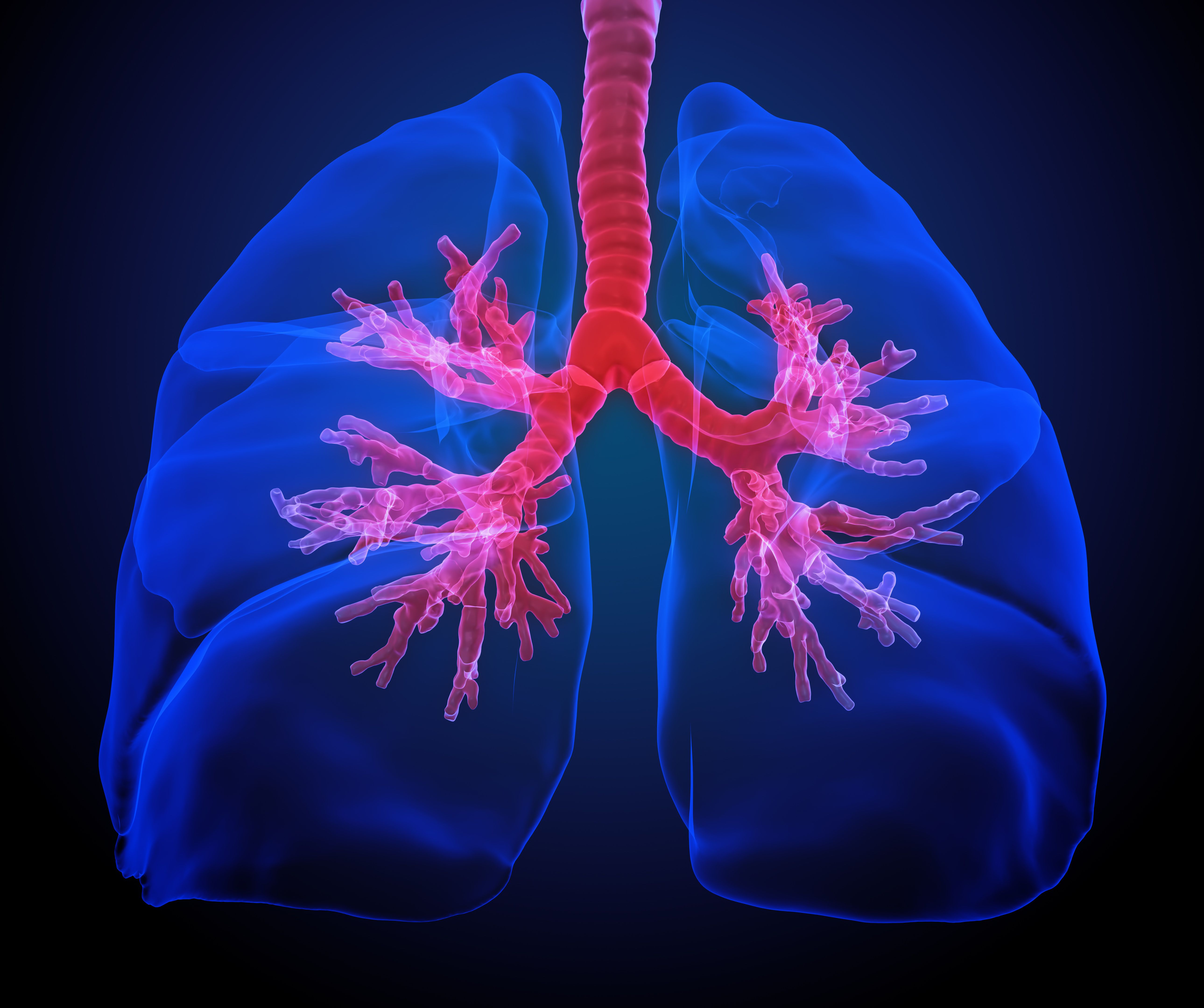FDA Grants Full Approval to Tepotinib for Non-Small Cell Lung Cancer
The FDA has now fully approved tepotinib for the treatment of metastatic non-small cell lung cancer.

- Tepotinib (Tepmetko) is now an FDA-approved treatment option for patients with non–small cell lung cancer (NSCLC) with mesenchymal-epithelial transition (MET) exon 14 skipping alterations.
- In February 2021, the FDA granted tepotinib accelerated approval.
- The approval is supported by findings from the VISION trial (NCT02864992).
The FDA has granted full approval to tepotinib in NSCLC with MET exon 14 skipping alterations.1
Tepotinib demonstrated improved responses in the phase 2 VISION trial, a nonrandomized, multicohort, open-label study. The overall response rate (ORR) among 164 treatment-naive patients was 57% (95% CI, 49%-65%), and 40% of responders had a duration of response (DOR) of 12 months or longer. Among patients who had previously received treatment, the ORR was 45% (95% CI, 37%-53%). In this cohort, 36% of responders had a DOR of 12 months or longer.
"These data are particularly meaningful for patients with MET exon 14-skipping-positive NSCLC, who tend to be older and who are not, as a result, well-represented in the pivotal phase 3 studies that have cemented chemotherapy and immunotherapy as standards of care. Indeed, overall survival for our older patients can be as short as 8 to 10 months, as reported in recent prospective studies, and so a median OS of 20 months is encouraging to see, particularly as it’s maintained on longer follow-up," Paul K. Paik, MD, clinical director, Thoracic Oncology Service, Memorial Sloan Kettering Cancer Center, told Targeted OncologyTM.
Lungs © Mopic - stock.adobe.com

In February 2021, the FDA granted tepotinib accelerated approval. Tepotinib in NSCLC was also granted orphan drug and breakthrough therapy designations.
Regarding safety, the most common adverse events (AEs) were edema, nausea, fatigue, musculoskeletal pain, diarrhea, dyspnea, decreased appetite, and rash.
Tepotinib has a recommended daily dosage of 450 mg.
About the VISION Study
The VISION study had a primary end point of ORR and secondary end points of DOR, objective disease control rate, progression-free survival, overall survival, incidence of treatment-emergent AEs, and health-related quality-of-life.2
Patients were split into 3 cohorts: those with MET exon 14 skipping alterations, MET amplifications, and a confirmatory party for MET exon 14 skipping alterations. Patients in all 3 cohorts received 500 mg of tepotinib in 21-day cycles until disease progression or unacceptable toxicity.
To be eligible for participation, patients needed to be 18 or older, have an ECOG performance status of 0 or 1, have histologically or cytologically confirmed NSCLC, and be treatment-naive or be treated with no more than 2 prior lines of therapy. Patients of childbearing potential needed to use effective forms of contraception. Patients were not eligible to participate if they had EGFR mutations that predicted sensitivity to anti-EGFR therapy, ALK rearrangements that predicted sensitivity to anti-ALK therapy, symptomatic brain metastases, unresolved grade 2 or greater AE, or inadequate laboratory functions.
The study is still active but not recruiting with an estimated completion date of February 2025.
REFERENCES:
1. FDA approves tepotinib for metastatic non-small cell lung cancer. News release. U.S. FDA. February 15, 2024. Accessed February 15, 2024.
2. Tepotinib phase II in NSCLC harboring MET alterations (VISION). ClinicalTrials.gov. Updated June 9, 2023. Accessed February 14, 2024.
Kim Evaluates New Regimens for EGFR+ Lung Cancer
January 20th 2025During a Community Case Forum event in partnership with the Medical Oncology Association of Southern California, Edward S. Kim, MD, MBA, discussed the FLAURA2 and MARIPOSA trials of newer regimens for EGFR-positive lung cancer.
Read More
Amivantamab/Lazertinib Maintains OS Benefit in EGFR+ NSCLC
January 15th 2025During a Case-Based Roundtable® event, Joshua K. Sabari, MD, continued discussion of key outcomes from the MARIPOSA trial and toxicity management in patients with EGFR-mutated non–small cell lung cancer in the second article of a 2-part series.
Read More